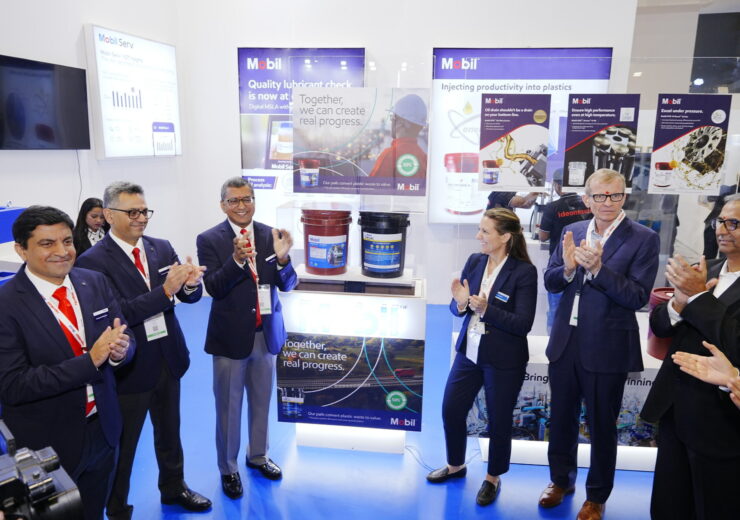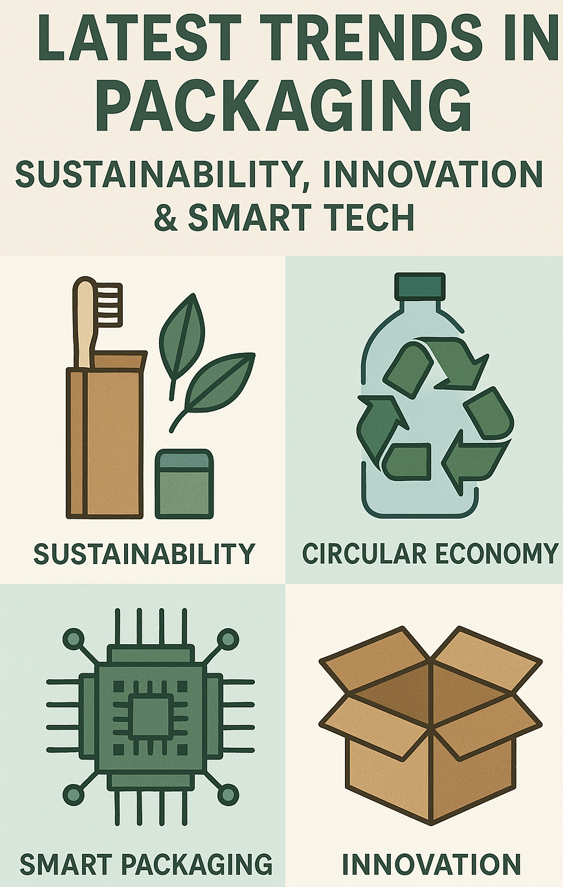
Lubrication technology firm Mobil has announced a new initiative to support sustainable packaging by unveiling its 50% post-consumer recycled (PCR) plastic pails.
According to the US-based firm, the pails aim to help customers decrease waste, turn waste into value and advance sustainability goals.
The 50% PCR pails are said to be the first pails packing for lubricating oils in India. The PCR pails promote the use of recycled plastic, which contributes to a decrease in plastic waste and promotes sustainable development.
ExxonMobil Lubricants chief executive officer Vipin Rana said: “Mobil can help create value by advancing customers’ mobility, productivity, and sustainability ambitions.
“Our initiative to transition to 50% post-consumer recycled plastic pails is just one example of how we are advancing our customers’ sustainability ambitions.
“We understand the ever-changing needs of our customers and stakeholders and are committed to operating our business in an accountable and sustainable manner, supplying feature products by minimising the environmental impacts, and supporting the communities in which we operate.”
ExxonMobil is known for the diversion of waste in lubricant facilities. Its products have the Underwriters Laboratories Zero Waste to Landfill, Silver Validation, which was first obtained in 2018.
The firm’s dedication to waste reduction and the advancement of a circular economy is recognised by this validation.
Additionally, ExxonMobil claims itself as the first and only marketer of finished lubricants, diverting more than 90% of lubricant operations waste from landfills and putting it to new, beneficial uses each year.
The lubrication technology firm started its advanced recycling plants in North America in December 2022.
The facility at the integrated manufacturing complex in Baytown, Texas, uses its patented technology to break down hard-to-recycle plastics and convert them into raw materials for new products.
ExxonMobil said that the recycling plant can process more than 80 million pounds of plastic trash annually, promoting a circular economy for post-use plastics and assisting in the diversion of plastic waste.







